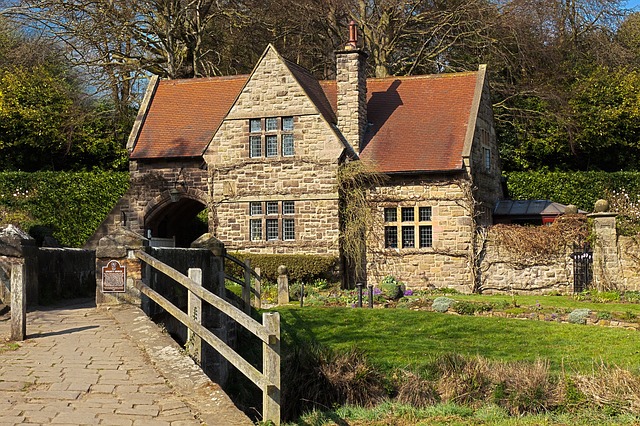2021 saw a significant preference for freehold properties within Singapore's Executive Condos (ECs), as these offer long-term stability and the potential to be inherited by future generations. ECs provide an attractive middle ground for middle-income families, offering convenience similar to condominiums but with the added advantage of a lease that lasts 99 years. The resilience of the EC market in 2021, despite economic challenges, underscores its potential as a long-term investment, with well-located ECs historically showing substantial appreciation. Prospective investors should carefully consider factors such as location, development quality, government policies like Sellers Stamp Duty (SSD) and Additional Buyer's Stamp Duty (ABSD), and the implications of lease tenure in their decision-making process, balancing the affordability and lifestyle benefits of ECs with the desire for a permanent holding.
In the dynamic real estate landscape of Singapore, discerning homeowners face a pivotal decision between Executive Condo (EC) leasehold and freehold properties. This article delves into the nuances of ECs, providing a 2021 guide that elucidates their unique position in the market. We compare the key differences between leasehold and freehold ownership, exploring legal and financial implications for potential buyers. With an eye on historical trends, we examine the evolution of ECs and offer insights into the benefits and limitations associated with leasehold ECs. For those intrigued by the allure of freehold properties adjacent to EC areas, we provide a perspective on their unique appeal. Investors and residents alike will benefit from our analysis on the long-term value potential of Executive Condos. Ultimately, this comprehensive guide aims to equip you with the knowledge necessary to make an informed choice between Executive Condo leasehold and freehold options in Singapore’s vibrant property market.
- Understanding Executive Condos in Singapore: A Comprehensive Guide for 2021
- Executive Condo Leasehold vs Freehold: Key Differences and Implications for Buyers
- The Evolution of Executive Condos: A Historical Perspective
- Leasehold vs Freehold: Legal and Financial Considerations in Singapore
- Benefits and Limitations of Choosing an Executive Condo Leasehold
- Exploring the Appeal of Freehold Properties in Executive Condo Areas
- Long-Term Value: Assessing the Potential Appreciation of Executive Condos
- Making the Right Choice: Factors to Consider When Deciding Between ECS and Freehold Properties
Understanding Executive Condos in Singapore: A Comprehensive Guide for 2021
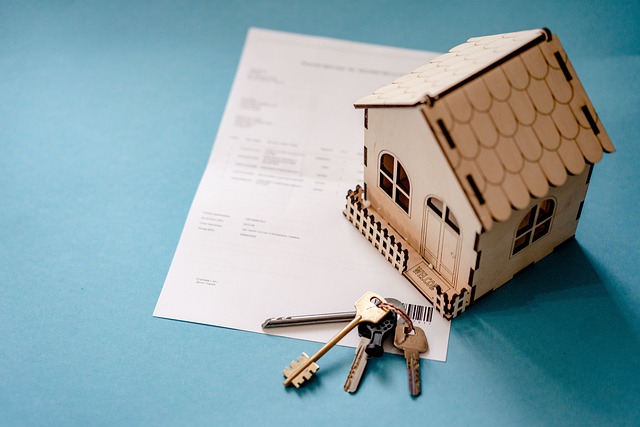
2021 marked a significant year for potential homeowners in Singapore as the landscape of Executive Condominiums (ECs) continued to evolve, offering diverse living options beyond the traditional HDB flats and private condos. An Executive Condo in Singapore is a unique hybrid housing type designed for middle-income families. Unlike traditional public housing, these units are built by private developers and offer a nine-year exclusive occupation privilege for Singapore citizens, followed by a renewal of the lease for another 99 years. This structure positions ECs as an attractive alternative to both HDB flats and private non-landed properties, especially for those who aspire to enjoy the benefits of a condo lifestyle without the lifetime freehold that comes with it.
In 2021, Executive Condos Singapore remained a coveted choice due to their affordability, coupled with the premium facilities and amenities of a private condominium. These include features like swimming pools, gyms, function rooms, and more, all within a secure and well-maintained environment. The eligibility criteria for purchasing an EC are tailored to ensure that it serves the intended group; for instance, applicants must meet the Monthly Household Income Ceiling and must not own any residential property at the time of application. With the Temporary Bridging Loan Scheme and the Extended CPF Housing Grant in place to assist eligible first-timer families, 2021 saw a sustained interest in these properties, making them a key consideration for those looking to upgrade from public housing or invest in property within the vibrant real estate market of Singapore.
Executive Condo Leasehold vs Freehold: Key Differences and Implications for Buyers
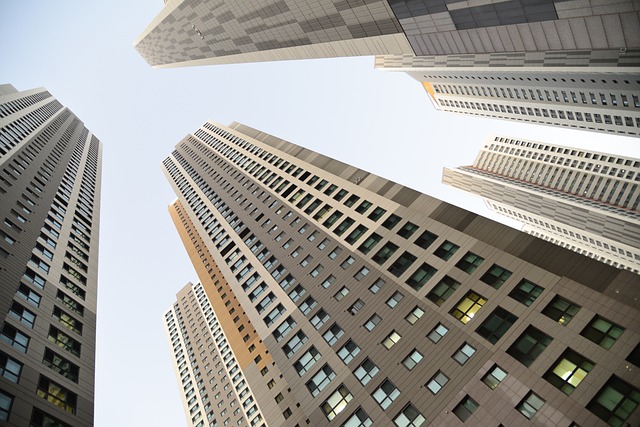
In Singapore, the distinction between an Executive Condominium (EC) with a leasehold tenure and a freehold property carries significant implications for potential buyers. For those considering an EC in 2021, it is crucial to understand that leasehold properties are typically granted a land lease of up to 99 years by the government, after which the state will take back the land. This aspect can influence the resale value and the long-term appeal of an EC. In contrast, freehold properties offer perpetual land ownership, providing a sense of permanence that is attractive for buyers looking for a generational home or an investment with potentially stable value over time. The choice between leasehold and freehold also affects the purchase price; leasehold properties are generally more affordable, making them a favored entry-point for first-time homeowners in Singapore’s property market. However, the longer-term cost could be higher as buyers may need to sell their leasehold property before the remaining lease drops below a certain threshold, which can vary based on market conditions and buyer sentiment. Prospective buyers must weigh their financial planning against their desired tenure, as the decision between an EC leasehold and a freehold property will have a lasting impact on their housing journey in Singapore’s dynamic real estate landscape. Considering the unique attributes of Executive Condos Singapore 2021, including their dual-eligibility for DBSS (Design, Build and Sell Scheme) flat owners and public housing grants, as well as their ability to upgrade to a non-mature resale flat after five years, understanding these nuances is key for discerning buyers aiming to navigate the property market with confidence.
The Evolution of Executive Condos: A Historical Perspective
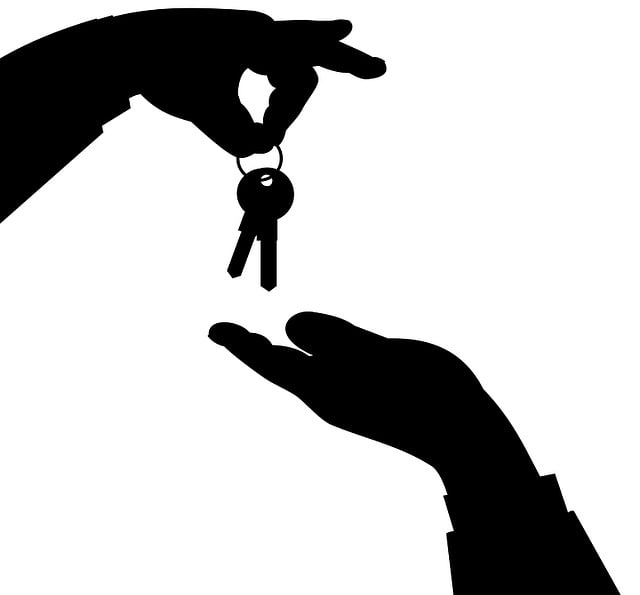
In the dynamic landscape of housing in Singapore, the Executive Condominium (EC) has evolved significantly since its inception. Introduced in 1995 as part of the government’s efforts to provide a range of affordable public housing options, ECs were designed to cater to the needs of middle-income families who aspired to own a larger and more luxurious home than what was typically offered by Housing & Development Board (HDB) flats. Fast forward to 2021, and Executive Condos Singapore have become a pivotal segment in the property market, reflecting both the growth of the city-state and the changing needs of its residents. Over the years, the eligibility criteria for EC applicants have been adjusted, tenure conditions have been refined, and the definition of what constitutes an Executive Condo has evolved. Today, a new generation of ECs in 2021 offers more spacious units with enhanced facilities compared to their earlier counterparts, while still providing a pathway for eligible owners to upgrade to a private condominium after satisfying certain conditions. This trajectory underscores the adaptability and resilience of the EC concept in Singapore’s property market, making it an integral consideration for homebuyers seeking a balance between affordability and lifestyle.
Leasehold vs Freehold: Legal and Financial Considerations in Singapore
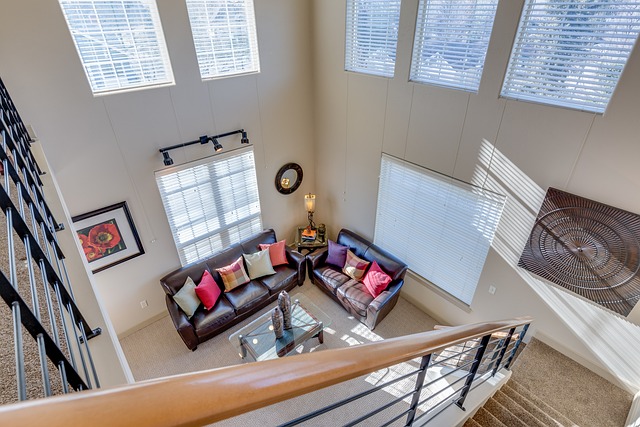
In Singapore, the distinction between leasehold and freehold tenure has significant legal and financial implications for potential homeowners, particularly when considering an Executive Condo (EC) in 2021. Leasehold properties are granted a land lease from the state for a specified period, after which the rights to the property revert to the state. Conversely, freehold properties offer ownership of land and buildings in perpetuity, providing long-term stability and potential for capital appreciation. The Singapore government regulates ECs, allowing eligible couples or individuals to purchase these flats on a 99-year lease. This tenure is particularly popular among first-time homeowners who are often younger couples and families, as it strikes a balance between affordability and the opportunity to live in a mature estate with amenities.
From a financial standpoint, prospective buyers must weigh the long-term implications of their choice. Leasehold properties may be more affordable initially but could result in higher monthly mortgage payments as the lease depreciates over time. Freehold properties, on the other hand, offer greater security and potentially higher resale values due to the lack of lease decay. In the context of an EC in Singapore in 2021, buyers must consider their long-term housing plans. The Housing & Development Board (HDB) sets out clear guidelines for EC eligibility, which include requirements such as income ceilings and the ability to afford resale prices should they choose to sell the flat after fulfilling the minimum occupation period. As such, understanding the nuances of leasehold vs freehold within the unique framework of Singapore’s property market is crucial for making an informed decision when considering an Executive Condo purchase in 2021.
Benefits and Limitations of Choosing an Executive Condo Leasehold
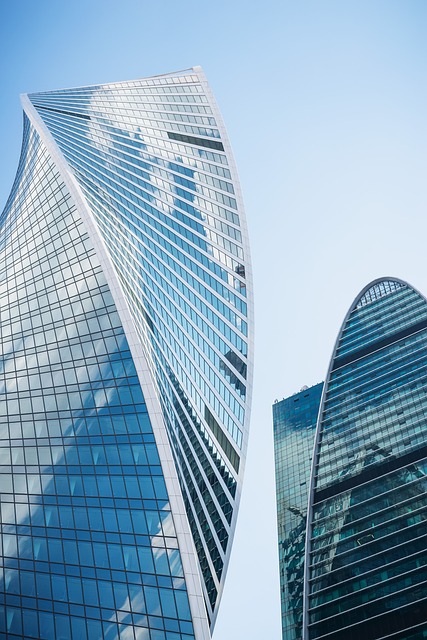
In Singapore’s property landscape, Executive Condos (ECs) have emerged as a popular housing option for middle-income families. An EC is a hybrid form of public-private housing that caters to couples who are both citizens and have no more than two children. Opting for an Executive Condo on a leasehold basis in 2021 offers several benefits, particularly for those seeking a balance between affordability and quality living. The leasehold nature of ECs means that the land on which they are built is owned by the government or a private entity for a fixed number of years. This arrangement can be advantageous as it often leads to lower prices compared to freehold properties. For instance, in 2021, Executive Condo Singapore offerings are strategically located close to amenities, MRT stations, and commercial hubs, making them highly accessible. Additionally, the lease for such condos is typically long, with terms of 99 years, providing residents with a stable long-term living environment.
However, the limitation of choosing an Executive Condo on a leasehold basis is that the land title will revert to the state upon expiry of the lease. This means that future generations may face challenges in terms of tenure, as they would need to renew the lease or potentially relocate. Furthermore, potential buyers should be aware that leasehold properties generally depreciate over time as the lease diminishes, unlike their freehold counterparts which retain full value until the 999-year lease expires. Prospective residents must weigh this against the initial cost savings and the vibrant community living often associated with ECs in Singapore’s dynamic urban setting. When considering an Executive Condo in Singapore in 2021, it is crucial to assess both the immediate and long-term implications of choosing leasehold tenure, ensuring it aligns with your lifestyle and financial planning.
Exploring the Appeal of Freehold Properties in Executive Condo Areas

2021 marked a significant year for the real estate landscape in Singapore, particularly with the ongoing appeal of freehold properties within Executive Condo (EC) areas. The allure of owning a freehold property in an EC is evident, offering residents a permanent stake in their homes amidst the typical 99-year leasehold tenure that dominates the market. In recent years, freehold options within ECs have become increasingly sought after, especially among those who prioritize long-term value and the flexibility to pass down property through generations without lease expiry concerns. The Executive Condo Singapore model provides a unique proposition for middle-income families, combining the benefits of condominium living with the security and longevity that freehold ownership affords.
The 2021 trends indicate a robust demand for these freehold EC units, reflecting the broader market’s confidence in property as both a residential haven and an investment asset. The scarcity of freehold options within the EC category adds to their exclusivity, making them a coveted choice for those looking to settle down in prime locations like Sengkang, Tampines, or Bishan. Prospective buyers are drawn to the potential capital appreciation that freehold properties offer, coupled with the premium amenities and strategic positions typically associated with ECs. The combination of these factors underscores the enduring appeal of freehold properties within Executive Condo Singapore, a trend that continues to shape the city-state’s dynamic property market.
Long-Term Value: Assessing the Potential Appreciation of Executive Condos

In Singapore’s dynamic property market, discerning the long-term value of an Executive Condo (EC) involves a nuanced understanding of market trends and regulatory frameworks. The introduction of ECs in 1984 provided an alternative housing option for married couples or those with children, offering them a nine-year exclusive occupation privilege. For investors and potential homeowners looking at the 2021 landscape, the Executive Condo Singapore market has shown resilience amidst economic fluctuations. Factors such as location, unit type, and development quality play pivotal roles in determining an EC’s appreciation potential. Historical data indicates that well-positioned ECs from previous years have appreciated significantly over time, often outperforming freehold properties in similar locales. Investors eyeing the Executive Condo Singapore market for long-term value must consider the lease profile, as these units come with a 99-year lease, and the Master Plan 2019, which outlines future developments that could enhance desirability and capital appreciation. Keeping abreast of government policies, such as the Sellers Stamp Duty (SSD) and the Additional Buyer’s Stamp Duty (ABSD), is also crucial, as these can impact liquidity and investment returns in the short to medium term. Prospective buyers should assess the potential appreciation of Executive Condos in Singapore 2021 with a comprehensive perspective, considering both market sentiment and the evolving urban landscape.
Making the Right Choice: Factors to Consider When Deciding Between ECS and Freehold Properties
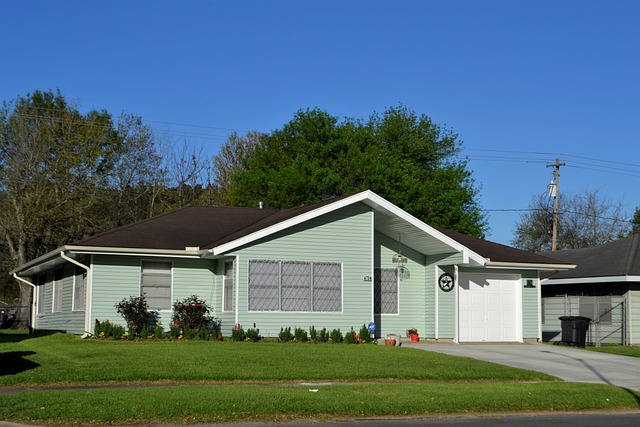
When contemplating a residential property purchase in Singapore, discerning investors and homeowners face a significant decision between Executive Condominium (EC) leasehold and freehold options. In 2021, the landscape of real estate in Singapore presents a variety of choices, with ECs being a particularly attractive segment for those seeking a balance between affordability and quality living. Prospective buyers should consider the length of their property investment horizon when comparing EC leaseholds, which typically span 99 years, against freehold properties that offer perpetual land tenure.
The choice between an Executive Condo Singapore 2021 and a freehold property extends beyond the tenure of the lease. Factors such as location, amenities, pricing, eligibility criteria, and resale potential are critical. For instance, ECs under the Singaporean government’s Scheme of Sale for executive condominiums offer a competitive entry point into ownership for younger families or investors, provided they meet the income ceilings and other stipulations. On the other hand, freehold properties might appeal to those who prioritize long-term asset appreciation or who prefer not to be bound by lease expiration concerns. Both options have their merits; however, understanding the nuances of the property market in Singapore, including the latest trends and regulations, is paramount when making an informed decision. Prospective buyers should also consider the potential for capital gains, rental yields, and the unique lifestyle that each type of property can offer. With the Executive Condo Singapore 2021 offering a blend of affordability and modern living, it’s essential to assess these factors in relation to one’s personal circumstances and investment strategy.
navigating the real estate landscape in Singapore, discerning buyers face a pivotal decision between an Executive Condo (EC) on leasehold or a Freehold property. The 2021 guide to understanding ECs in Singapore provides a robust framework for this assessment, highlighting the nuanced differences between leasehold and freehold tenure types, their legal and financial implications, and the historical context of ECs. Prospective homeowners must weigh the benefits and limitations inherent in each option, considering factors such as long-term value and potential appreciation, particularly within the dynamic Executive Condo market. Ultimately, the choice between an EC leasehold or a freehold property should be informed by individual needs, investment goals, and personal preferences, ensuring a decision that aligns with one’s vision for their future in Singapore’s vibrant living spaces.
